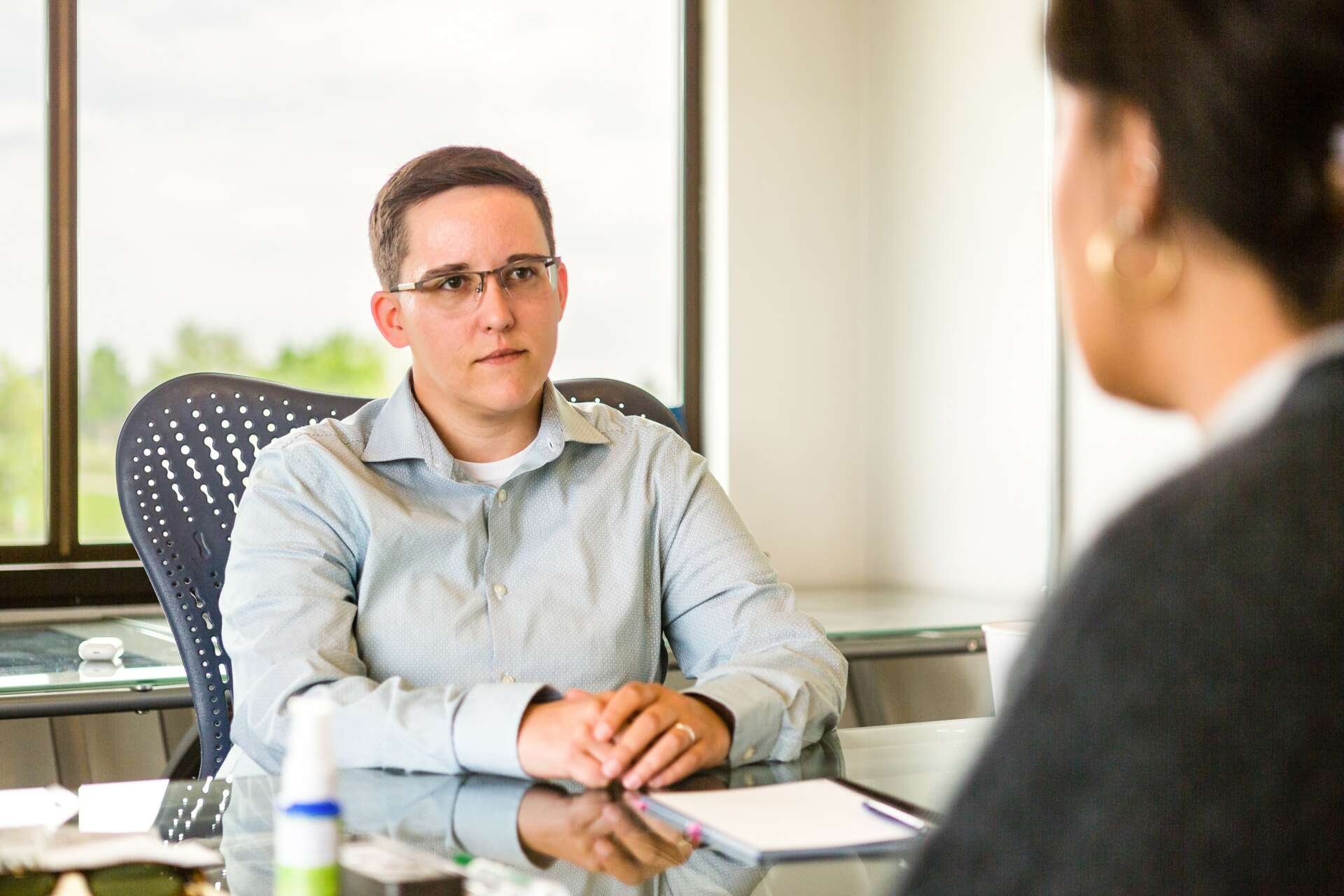We were lucky to catch up with Sarah Irwin recently and have shared our conversation below.
Sarah, appreciate you joining us today. When you were first starting out, did you join a firm or start your own?
I wasn’t one of the people who ended up in law school because I had always known I wanted to be a lawyer. In fact, even with my advisor in undergrad constantly pointing me in the direction of law school, through pre-law programs and classes I took, when I was nearing the end of my undergraduate degree, I still thought the idea of me one day being a lawyer was absurd and preposterous. So, like any child of an academia father (a professor of physics for many years), I decided to go to grad school. My undergraduate degree was in political science and within that same department was the Master of Public Administration program.
As one of two guinea pigs for the newly developed fast-track program, I began my graduate degree the last semester of my undergraduate studies. I wasn’t a particularly superb undergraduate student. I had multiple classes that I had to retake because I needed to raise my GPA. But when I started grad school, well that changed. I consistently got straight A’s and started to love the idea of a career using my public administration knowledge. So, as those studies neared to an end, I began looking for employment in the nonprofit sector and government sector. Unsurprisingly, without any experience in either field, I got one single interview and wasn’t selected for the position. So, when my advisor sent out an email about a paid internship at a small law firm in town, I jumped at the opportunity. I needed a job and this seemed like a fine place to work. I got the job and within a few months realized that maybe being a lawyer wasn’t that crazy of an idea. So, I scheduled to take the last scheduled LSAT that would get me scores in time for applications to begin the next fall semester, after I graduated with my Master’s degree. Many of the application windows were closed, but I got lucky and got into a good law school that was close to family.
Fast forward three (terrible) years of law school and I find myself once again looking for a job, with the education needed but somehow not the experience needed. I had hoped the firm I started at before law school would offer me a position, but they were doing some restructuring and hadn’t made any offers. While I started to study for the bar exam, I continued applying to firms close to home and all over the state. I had a couple of interviews and nothing ever materialized. Finally, my former boss asked me to have lunch one day and made me an offer I couldn’t refuse (which is to say it was an offer, and I couldn’t refuse my single offer). I began practicing as an associate attorney in the fall of 2019. Then the pandemic happened and life got turned all upside down. My wife and I decided it was time for a change and moved across the state to start new jobs. I ended up at a larger firm, hoping that I would get more experience than I had at my former firm.
It was terrible. That’s not to say that there aren’t some people who would thrive in that particular environment, but I wasn’t one of those people. I think the clearest picture of how much I hated the way the firm’s bureaucracy worked was when my father-in-law got hospitalized from COVID and associated illnesses. It had been hard for us to get information on his condition, but when we did, it was fairly clear that the outlook was bleak. So, I told my managing attorney what was going on and how I needed to leave and go with my wife back to SETX so that she could visit her father in the hospital. I then, per the operating procedures of the firm, called HR to let them know I was going to be out. Because I was so new, I only had about a day of leave, so I knew I was going to exceed that. I remember so clearly the woman in HR on the phone saying that it wouldn’t be paid leave, fine. And that technically it wouldn’t be bereavement because he was still alive, ok. But then she asked, “well are they going to discontinue life support or something?” I was already upset, for me, for my father-in-law, and mostly for my wife. Finally, with the help of my manager, I got approval to work remotely.
We returned several days later, my father-in-law getting increasingly worse, but knowing we still had responsibilities. When he passed away, I again had to negotiate with HR and my manager a way to be allowed to work remotely while trying to support my wife through an unimaginable time. It was bureaucratic and corporate and gross. What I needed was for someone to tell me, “we’ve got this, you go support your wife in whatever ways she needs.” That’s not what I got. I knew after that entire ordeal that I had to find a place where I wasn’t just another cog in the machine; where I was a person working with other people who had compassion and grace.
Constantly, I had friends and acquaintances ask me why I didn’t just go out on my own; hang my metaphorical shingle.
And the answer was simple, I was scared. So, after nine months of torture and another round of unanswered applications, I happened to see that a friend of mine from law school had started working for a firm that was based in Colorado. I was intrigued since she was licensed in Oklahoma. After looking into the firm and its mission of providing high-quality legal services for startups/small businesses, nonprofits, and moderate-income individuals, I was hooked. I couldn’t find any information about the firm looking for Texas based attorneys, but I did discover that there were Texas based attorneys, which was enough for me to send an email expressing my interest to the founder of the firm. Finally, I got an interview.
I had already read about the way that the firm was set up on the website. It’s basically just a revenue sharing compensation plan and was sort of like going out alone but with back office support and a firm of attorneys that were there for advice and resources. It was taking the risk of being a solo coupled with having a foundation to lean on when I needed it. It was perfect. Too perfect, at least that’s the thought I had going into it after I accepted a position and put my notice in at my salaried position in the big firm.
But it wasn’t too perfect. It’s everything it’s described as and so much more. There are attorneys in six different states, the nearest co-worker geographically to me is in Austin, while I am in San Antonio. But the connections and support that I receive are unparalleled. I can always ask questions of the entire firm, just the Texas attorneys, or of individuals and get immediate response. I’m not terrified to take on cases that I may not have a ton of experience with because of the support and guidance I get from my coworkers. I have the flexibility to work and not work as I desire. It’s the perfect way of getting that solo independence without losing the benefit of support (and back office support).
Looking back on the path that I took to get to where I am now, I am glad that I had the experiences that I did in both of the previous firms that I worked at. For one, I gained a network of peers that I can look to for advice and support. Plus, I think my previous rigid experiences allow me to truly appreciate the flexibility and freedom that I have now. Every person that I work with has compassion and grace. I know that if necessary my firm will help me if something comes up and I can’t work. Knowing that, having that support, and not having fear of the unknown, that’s what makes my firm and my decision to stay here worth it every moment of every day.
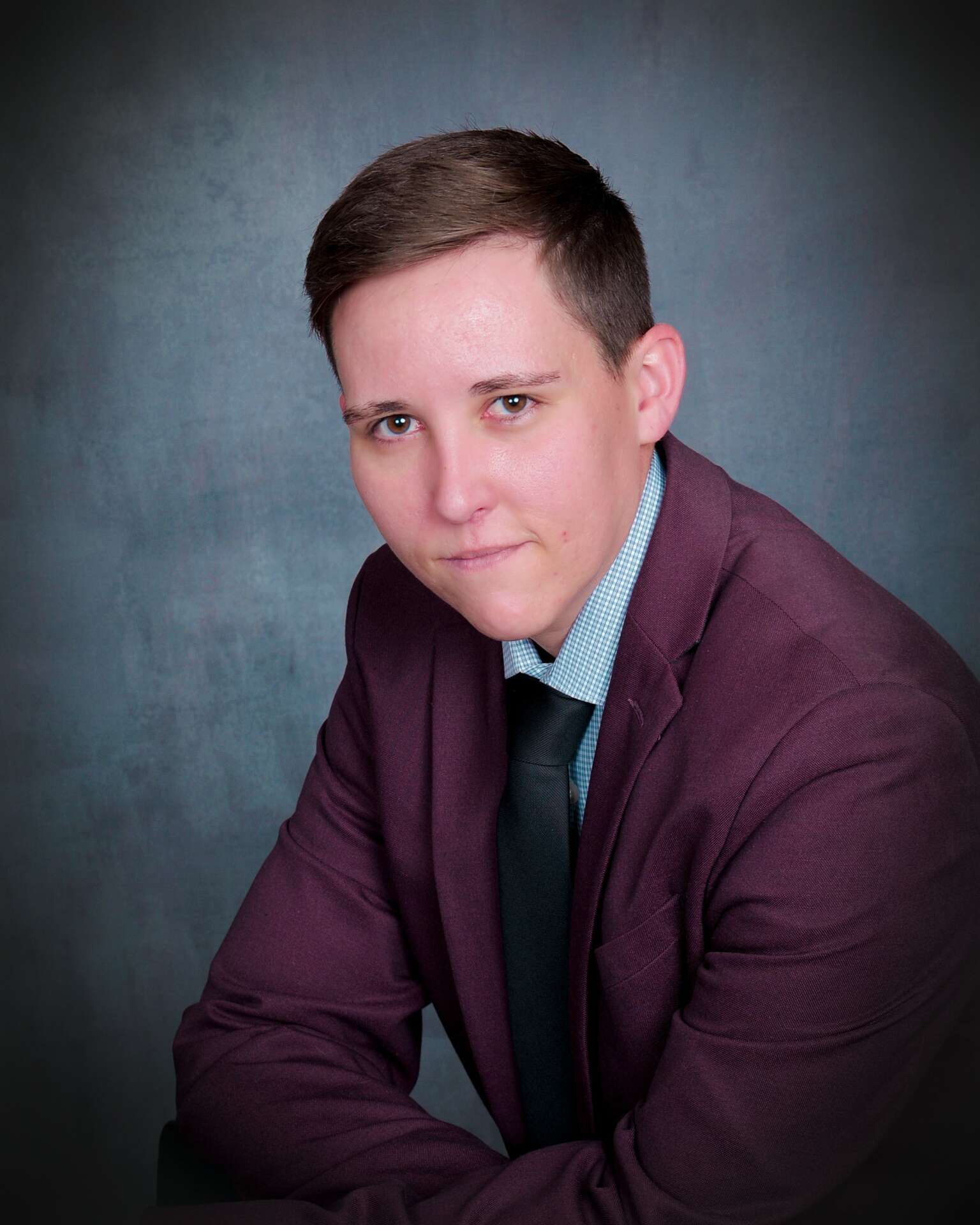

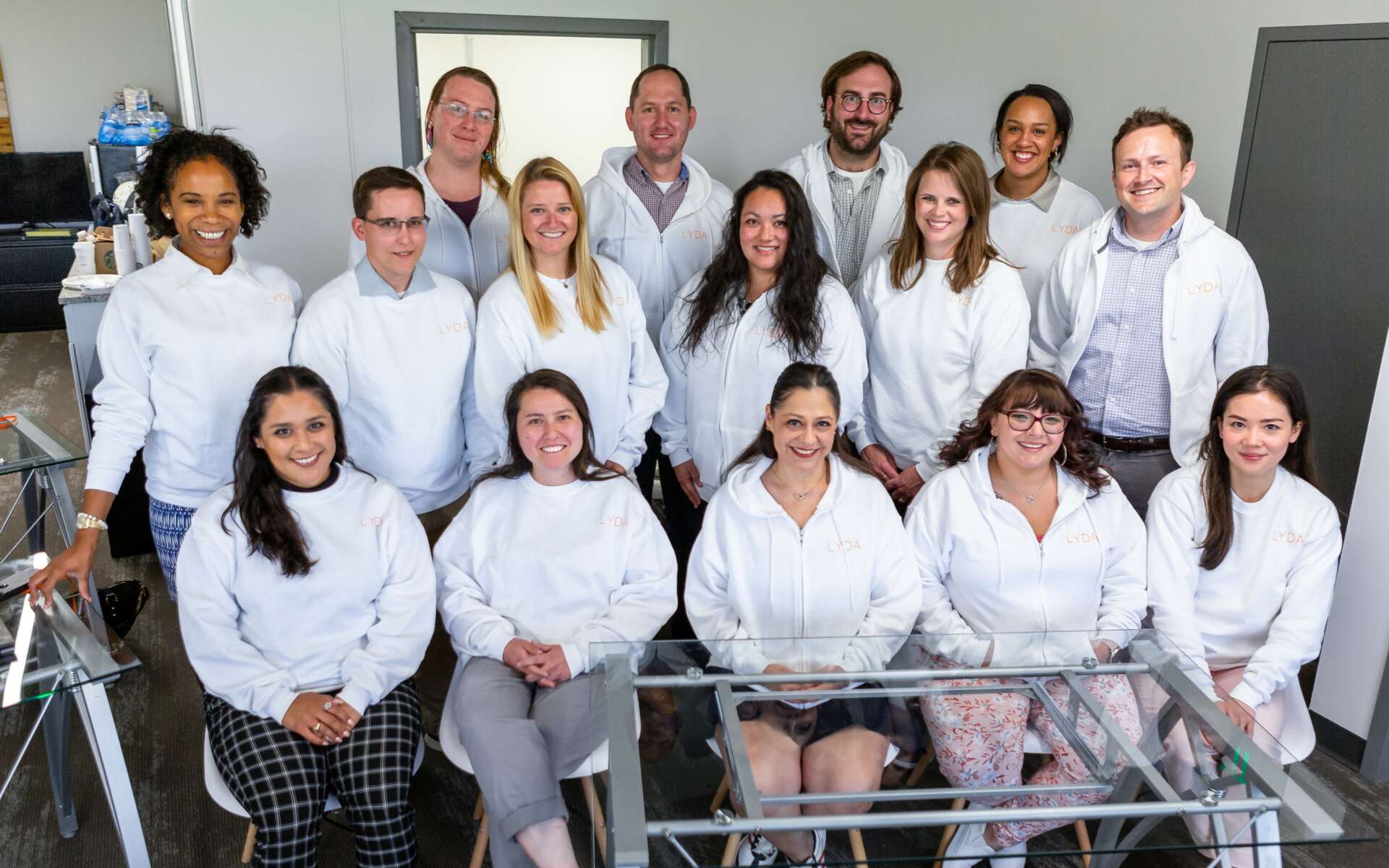
Sarah, before we move on to more of these sorts of questions, can you take some time to bring our readers up to speed on you and what you do?
I am an attorney in Texas. I practice mainly in the San Antonio and Austin areas. I do litigation work for commercial disputes, construction defect cases, breach of contract actions, and other civil matters. I also do transactional entity creation and development, handling contract review, drafting, etc. My firm, as well as myself, is dedicated to providing high-quality legal services with less sticker shock than larger firms that work in a similar practice area. Our practice is a bit different than many other law firms. Once clients are fully onboarded, I am the attorney my clients speak to and I don’t pass off client communication to support staff. When my clients email or call me, they know that they will actually get to talk to me. I work hard to make sure that clients are getting the services they need without spending too much money. It’s important to me that clients understand all costs associated with their matter and are apprised of all particularities during my representation of them.
Can you tell us about what’s worked well for you in terms of growing your clientele?
For me, the most effective way to grow my clientele and to put my name out there in my practice area has been networking. There are two main audiences that I try to network with. The first is other attorneys. I do that by being involved in organizations and by maintaining lasting relationships with attorneys I have worked with in the past. Because of the nature of our firm, sometimes attorneys I know that are at larger firms have clients come to them that need a service we both offer, but that I can do for a smaller scale business. Businesses can be complex and they can be simple. The problem that small businesses face is that they need legal advice, but can’t always afford to go to a larger corporate law firm, which is where me and my firm come in. Which brings up my second audience, small businesses/startups/entrepreneurs/nonprofits. I like to talk. So speaking about certain legal issues with different organizations that cater towards those types of businesses and the people that start them is both rewarding and a great way to get my name out there. It also helps to make the idea of engaging with a lawyer a little less scary. I’m just a person, not intimidating, and I want folks to understand that not all lawyers are uptight and rigid.
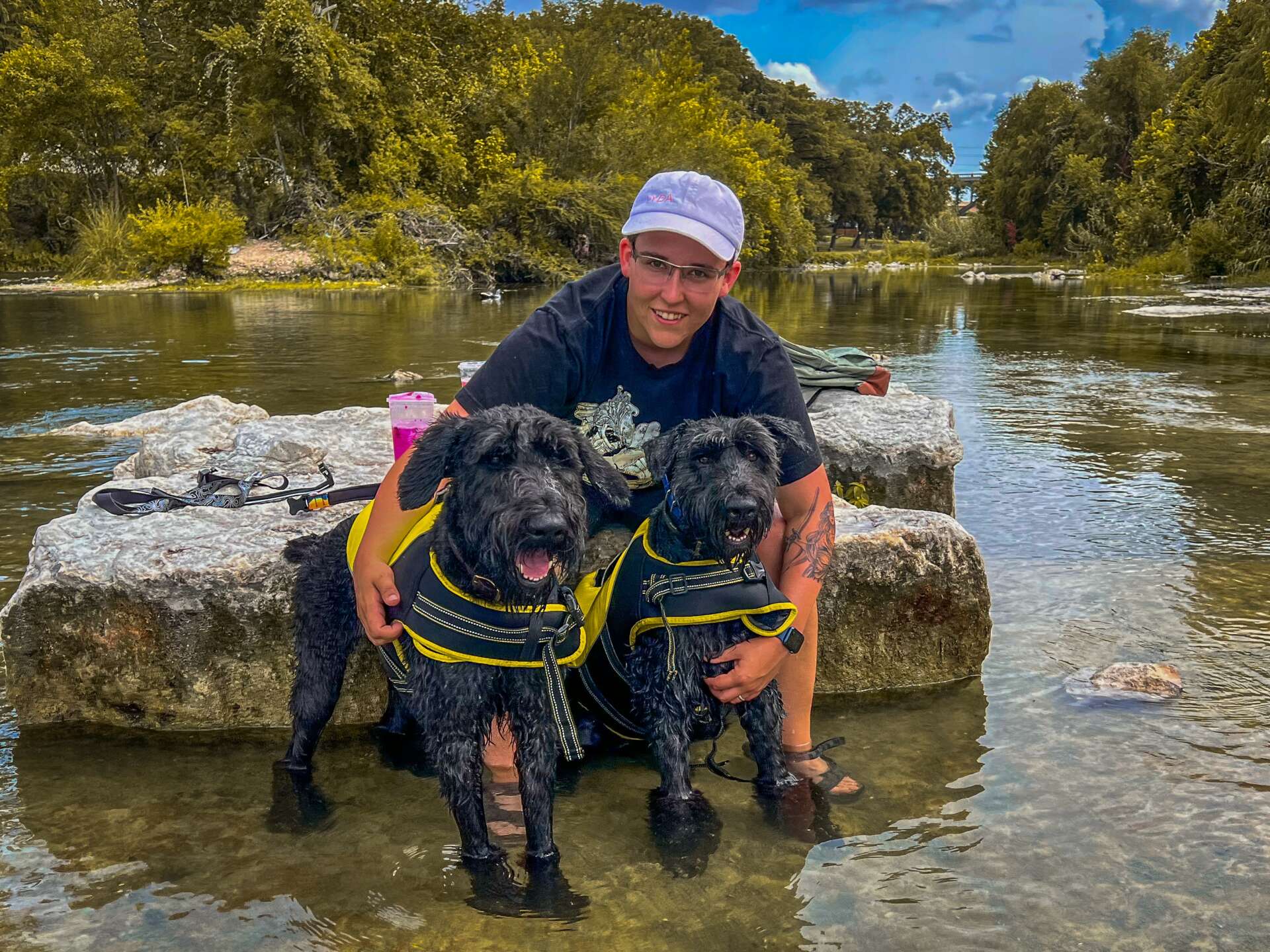
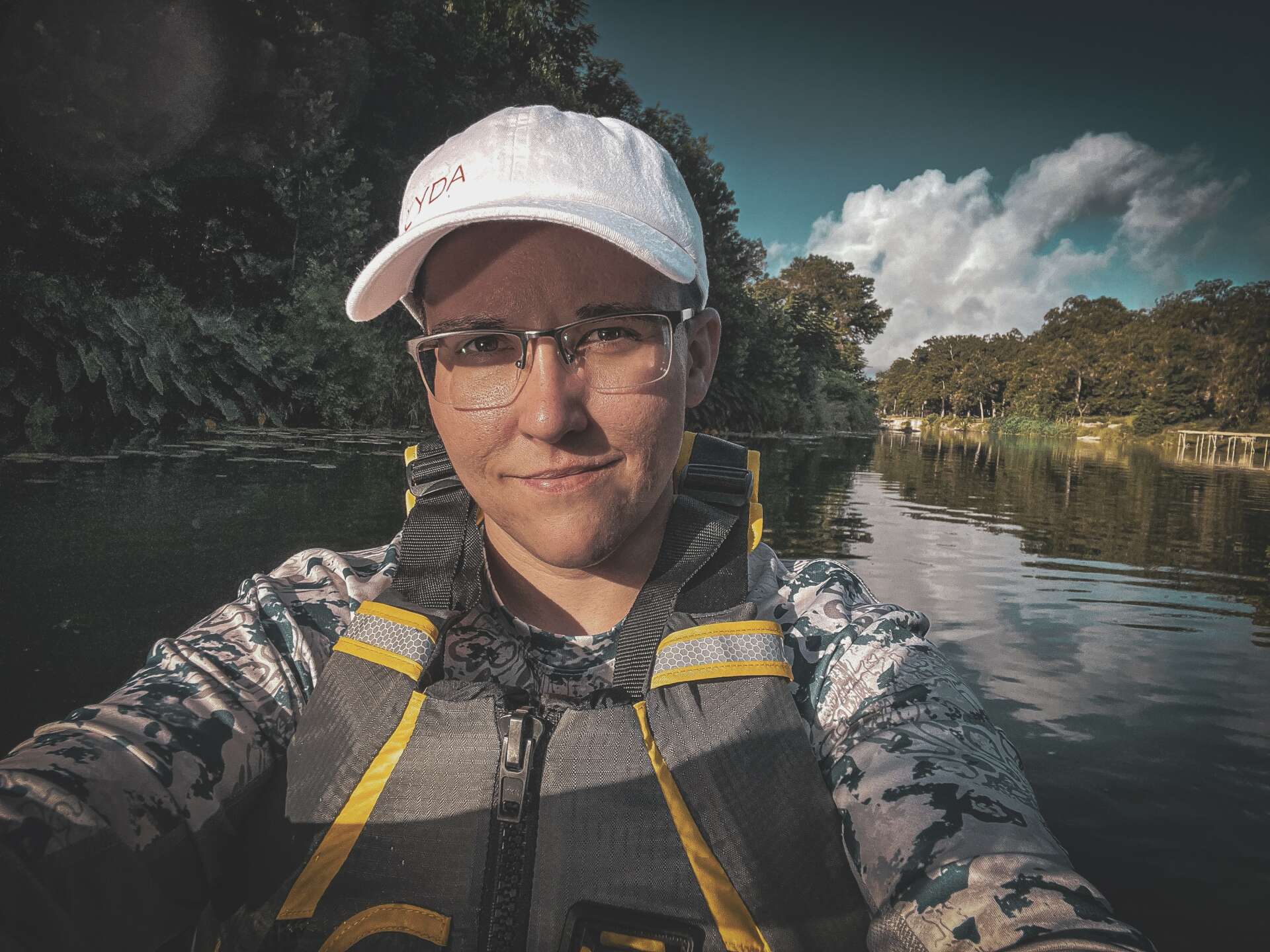
Learning and unlearning are both critical parts of growth – can you share a story of a time when you had to unlearn a lesson?
I’ve worked at a total of three firms. At the first, I was one of three attorneys. One of the partners worked remotely and rarely had me work on tasks for him, but when he did he was short. I remember the first time that he called the firm to speak with me. I was doing research and memos on an employment contract arbitration case and he wanted an update. The paralegal, instead of just transferring the call to my line, walked down to my office and gave me a pep talk before I talked to him. He wasn’t rude, per say, but he definitely wasn’t approachable or friendly. I learned quick that I had to be concise and clear and only talk facts with him. I recall once saying to him “I think, based on my research, that…” and he shut me down so quickly. Saying, “I don’t care what you think, I want to know what the law is.” The managing partner at that firm was nice, but he had a hard time articulating to me what his prioritization of tasks he had assigned to me was. So, I’d attempt to prioritize them myself and end up with a different list of importance than him. I fact that was only ever learned when I would not have something ready for him.
At the second firm, my managing attorney was nice until he wasn’t. Again, the prioritization of tasks was a guessing game. Based on his years of experience. And I tried to get him to tell me what was most important or how he wanted things to be done. But, it was never clarified and ended up with me constantly in a scramble to try to get things done. Which inevitably lead to typos or other mistakes, which when he found he would say, “I’m not your secretary,” and send me away to go and make it perfect. He was short and demanded simple questions, posed only when he was ready for them – a circumstance I was never able to judge correctly.
But now I work in a firm where my tasks are my own. I prioritize those tasks based on my impression of importance and necessity. It’s hard to go from not knowing if you should be working on that petition for that one case or the discovery responses for the other case, to deciding for myself that I should do the discovery responses, then a letter, then the petition and learning to not stress that someone is going to tell me that I’m not doing the right thing at the right time. I still have a boss. But when we meet weekly for one-on-one’s it’s not a sprint to tell him every single thing I have done that week and why, but only in 50 words or less and only with facts. Instead, it’s a meeting to discuss how business development is going; what I’ve done that week to build my business and what I plan to do next week. It’s an opportunity to discuss anything I might have questions about. It’s a check-in. Literally calendared as such. But I still struggle to not be nervous and apprehensive that I’m going to say the wrong thing or express my thoughts on a subject instead of straight facts. Luckily my boss gives me grace and has the patience to deal with my quirks. Some days are better than others, but unlearning the concept that my boss is all knowing and always right and that I have to be crystal clear on what I say to him, it’s a process, a recovery.
Contact Info:
- Website: https://lydagroup.com/team/sarah-irwin/
- Instagram: https://www.instagram.com/s.i.shutters/
- Facebook: https://www.facebook.com/sarah.irwin.35
- Linkedin: https://www.linkedin.com/in/sarah-irwin-00ab0950/
- Other: My Instagram is for my freelance photography. It’s not law related, usually.
Image Credits
James Lenard Terry and Sarah Irwin Photography


